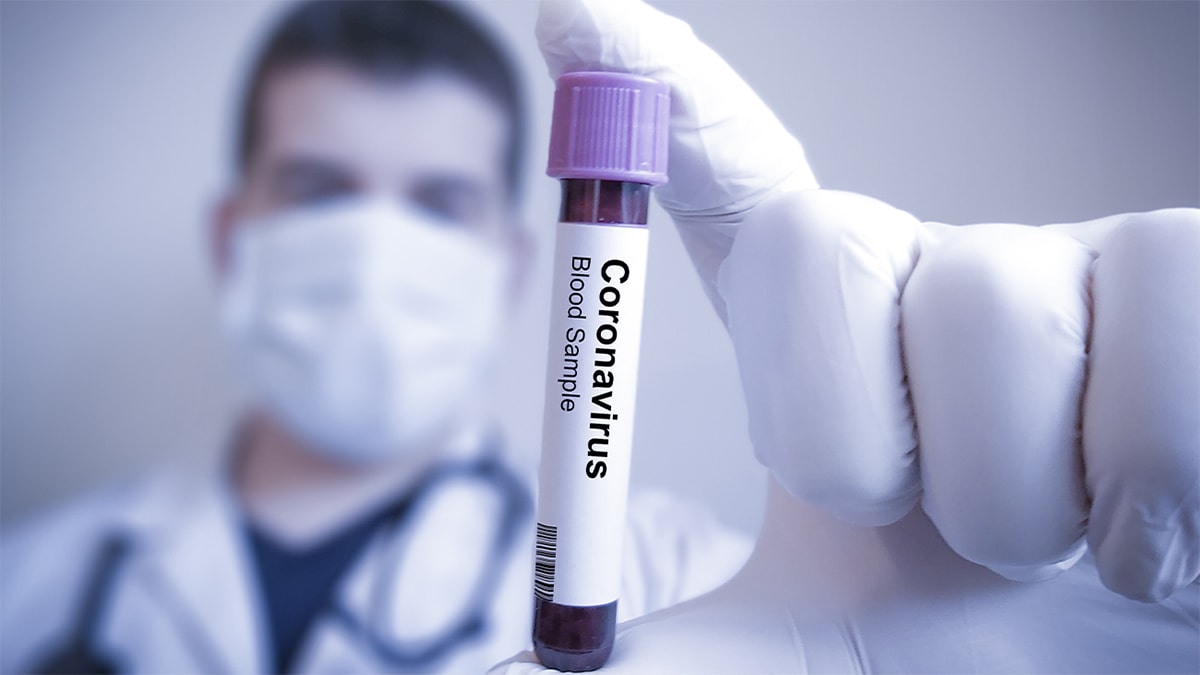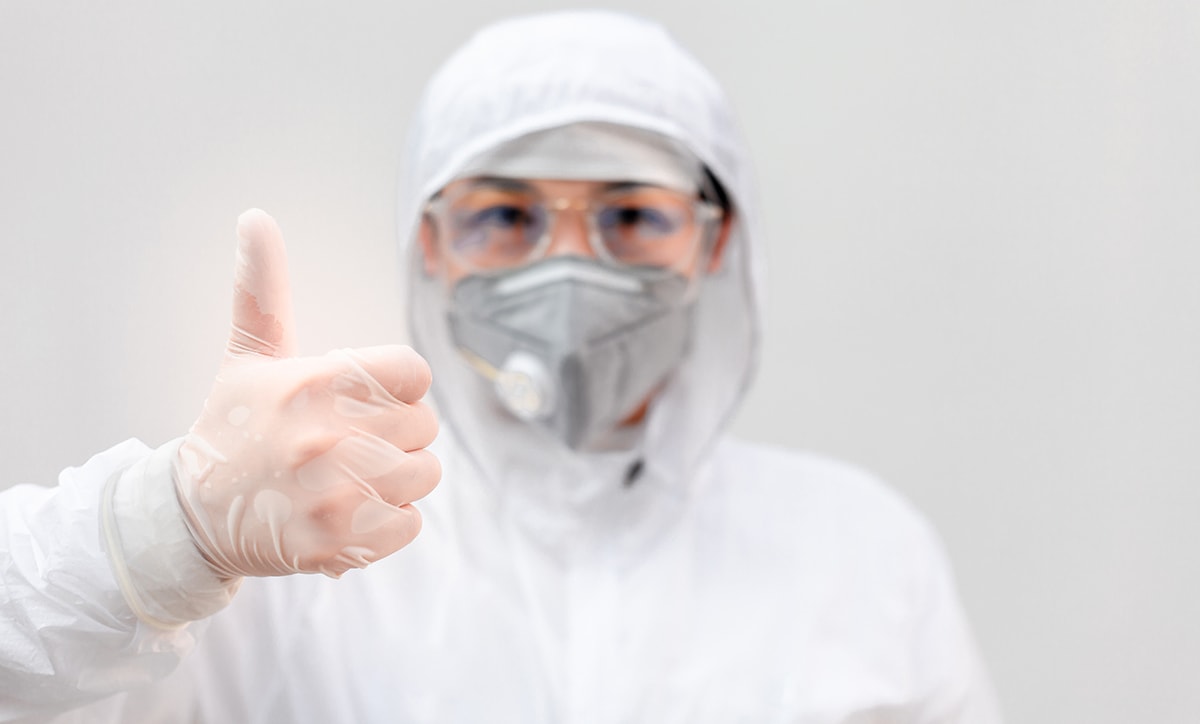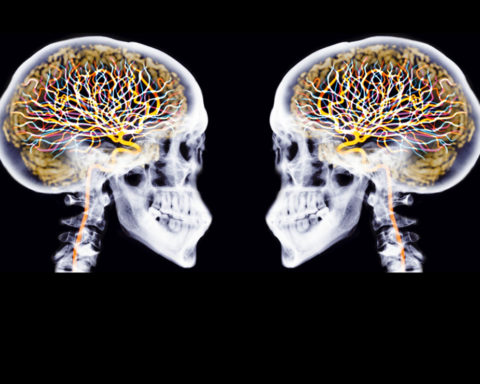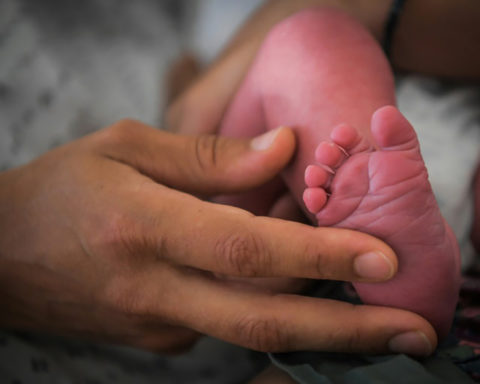The coronavirus of Chinese origin is spreading, triggering epidemics in many countries at the same time, and now threatens to spread around the world like a full-blown pandemic. All the governments of the states in which patients have been identified are announcing that the spread is inevitable and that preparations must be made. If this disease, known as Covid-19, does indeed become a pandemic, one thing is certain: billions of people will be hoping for a drug or a vaccine. Although there is no proven treatment for the virus and the pneumonia it causes, there are more than 70 drugs or drug combinations that may be worth trying, according to the World Health Organization. An overview of the most promising research projects that could be quickly brought to market.
Remdesivir, virus blocker
Although experimental, the injectable drug Remdesivir, manufactured by Gilead Sciences, is a broad-spectrum antiviral for which many doctors are optimistic.
This drug forms an altered version of a nucleotide that the virus needs to build new copies of itself, preventing it from multiplying. The same type of strategy has led to a successful hepatitis C drug produced by Gilead.
Remdesivir would be a good solution because it is largely active against viruses whose genetic material consists of RNA, which is the case with coronavirus. It works well in mouse and monkeys infected with MERS (a related virus), although it did not help much when it was administered to victims of the virus. Ebola in the Congo from 2018.
Last January, the Remdesivir was administered in Washington State in the United States to a 35-year-old man who had contracted the coronavirus while traveling in China and subsequently recovered. To find out if it really works, the U.S. health agency, the NIH, said today that it will conduct a study on the Remdesivir at the University of Nebraska Medical Center, where some Americans with the disease are being treated or quarantined.
According to the agency, the study will be double-blind, with some subjects receiving the drug and others receiving a dummy injection or placebo. The first person to take part in the trial is an American who was on the cruise ship Diamond Princess, site of a major outbreak.
This treatment seems promising enough for WHO to promote its use. Remdivisir has thus been used on French patients in Bordeaux and at the Bichat hospital in Paris. Doctors consider that this drug is well tolerated and seems to be effective since the few patients treated have recovered. However, in order for its administration to be generalized in case of coronavirus infection, it will be necessary to wait for real clinical trials, during which scientists will formally evaluate its tolerance.
A vaccine
This would probably be the best long-term defence, but a conventional vaccine has the disadvantage that it usually takes three or four years to get to market, at the earliest. It takes time to prove that they protect people from infection and to manufacture them in large quantities. In addition, it is not uncommon for vaccines to simply fail, sending scientists back to the drawing board.
Why not enjoy unlimited reading of UP'? Subscribe from €1.90 per week.
Fortunately, a number of prototype vaccines have been developed against SARS, the coronavirus disease that has killed 774 people since 2003. Although vaccines were never needed after the spread of SARS was stopped, some of these approaches are being dusted off for the new virus.
The French group Sanofi is one of the companies developing a vaccine against coronavirus. Its approach is to manufacture proteins called virus antigens that can be injected into the bloodstream, causing people's immune systems to recognize the virus. Usually, this type of vaccine is made from chicken eggs, and that's where the bottleneck is. Because it's not easy to get millions of eggs at a stroke of a magic wand. That's why Sanofi is working on other ways to make antigens inside insect cells.
Faster vaccines
Some companies are experimenting with new types of vaccines that involve injecting short strands of genetic material from the virus directly into the bodies of patients. In this way, their own cells make the viral antigens. Although these vaccines have not yet been very successful in medicine, they are among the fastest varieties to create prototypes.
This became clear this week when one company, Moderna Therapeutics, has said that she'd already shipped a few doses of an RNA vaccine to the U.S. health agency. These doses could be administered to volunteers as part of a safety test that would begin as early as April. « We have never been faced with the obligation to respond to a pandemic in such a short time frame.« said Stephen Hoge, a company executive at the MIT review.
Plasma from infected patients
A person who is infected with a virus but manages to escape unharmed has blood that is teeming with antibodies against the virus. It has been shown that collecting blood plasma from these cured patients and infusing it into another person can sometimes save lives. Although it is not certain that the plasma will work, more than 27,000 people are already infected with the virus. listed as having been infected with a coronavirus in China, which means there could be a large number of donors. Doctors in Shanghai are among those try the plasma infusions.
HIV drugs
To help patients suffering from severe respiratory distress due to the virus, Chinese doctors prioritize the treatments available to them, and these include several drugs already approved for HIV. A hospital in Shanghai, for example, has tested a combination of pills lopinavir and ritonavir in 52 patients. AbbVie markets this combination under the name Kaletra. Although no effects have been seen, other studies are planned or underway on other drugs, including the DescovyA pill to be taken once a day by people who do not have HIV but who are at risk of becoming infected through sexual intercourse.
Good old chloroquine.
According to some articles widely reported by social media, the cure for coronavirus is already known, and it is the old antimalarial drug chloroquine. This information has its origin in a first Chinese study, published in Nature Cell Research on February 4th. Study followed by a second one, published in BioScience Trends a few days later presenting clinical trials of chloroquine. According to these researchers, this anti-malaria drug would have demonstrated " Apparent efficacy and acceptable safety against Covid-19 pneumonia in clinical trials at several centres in China. ".
The buzz around this treatment has been amplified with the intervention of Professor Didier Raoult, director of the Mediterranean Infection Institute. He announced in a video seen by 300,000 people on YouTube that this drug signals the end of the game and that the treatment for coronavirus has been found.
In reality, nothing has yet been definitively proven on the effectiveness of this treatment. But studies on this cheap, well-studied and readily available compound are ongoing in Chinawhere patients receive 400 milligrams per day for five days. Early laboratory tests suggest that the drug, discovered in 1934, could be very effective, but it should be kept in moderation until clinical studies scientifically demonstrate the value of this treatment in fighting the coronavirus.
Global Emergency
In the face of what increasingly looks like a coronavirus pandemic, the world is urging doctors and researchers to find the cure as quickly as possible. Labs around the world are mobilizing urgently. « In excitement and fear, rather illogical things are attempted. The excitement revolves around drugs that have already been granted marketing authorization, whose toxicity is known, in order to test them to see if they are, by chance, active. " states in the daily Le Monde, Bruno Canard, research director at the CNRS and coronavirus specialist. He adds that the probability of finding an effective drug in this way is very low. According to him, "It would be better to rely on patiently validated basic research and long-term programs. A drug takes ten years to develop. "
To fight against disinformation and to favour analyses that decipher the news, join the circle of UP' subscribers.
Will the coronavirus pandemic leave us waiting that long? Nothing is less certain. This is why, without sinking into a fury of all-out research, work on already existing treatments seems the most appropriate method at this precise moment in the spread of the disease. The most promising leads will need to be confirmed as soon as possible, with scientific evaluations and clinical trials conducted at an accelerated pace. We do not really have a choice.

With MIT Technology Review












